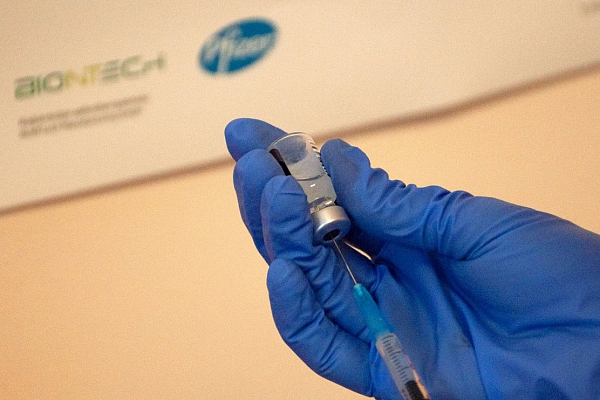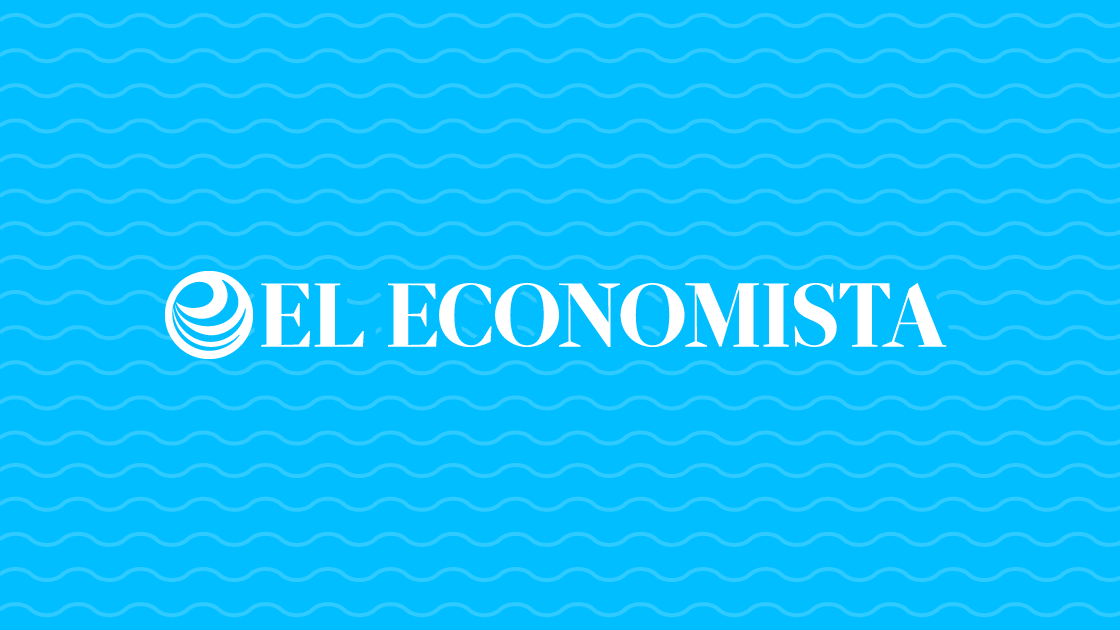The US Food and Drug Administration (FDA) has approved the use of the Covid-19 vaccine, developed by Pfizer and BioNTech, in children aged 12 to 15 years. FDA Commissioner Janet Woodcock called the decision “an important step in the fight against the Covid-19 pandemic.”
Or is Latvia already thinking about vaccinating the youngest adolescents and how many sick children at this age, explains
Chief Physician of the Children’s Clinical University Hospital (BKUS) Renate Snipe points out that Europe, including Latvia, has allowed young people from the age of 16 to be vaccinated and that technical solutions are currently awaited to start doing so.
“Both the medical community and healthy-minded youth are waiting for it,” admits Renate Snipe.
She also argues that it is teenagers who need to meet both at home and at school, and that vaccination would be the safest way for them to return to life.
“If the European Medicines Agency allows the use of a vaccine approved in the USA, then the Immunization Council in Latvia also assumes that this vaccine can also be used in children from the age of 12. The rest depends on supplies and is not possible in the summer. It is only a Pfizer vaccine. , “says Renate Snipe.
Speaking about the opportunities for teenagers to meet outside in the summer, Renāte Snipe points out that safety measures must be observed.
“The prevalence of infection outdoors is much lower than indoors. But the question of what we do outside. If we just talk outside and keep our distance from each other, probably the risk of infection is low. If we meet, embrace, get together, look at the phone together, there is contact is suffering and close and the infection can be transmitted to each other, “analyzes Renate Snipe. “If there is a choice to meet outside, the family has to talk about how to go and meet, not in huge crowds and distance. You don’t talk, but don’t hug, you don’t use the same items – you don’t drink from one bottle, you don’t give each other a phone. But it’s not 100% safe . “
–
Latvijas Radio invites to express its opinion on what is heard in the program and supports the discussion among the listeners, however, reserves the right to delete comments that violate the boundaries of dignified attitude and ethical conduct.
–


